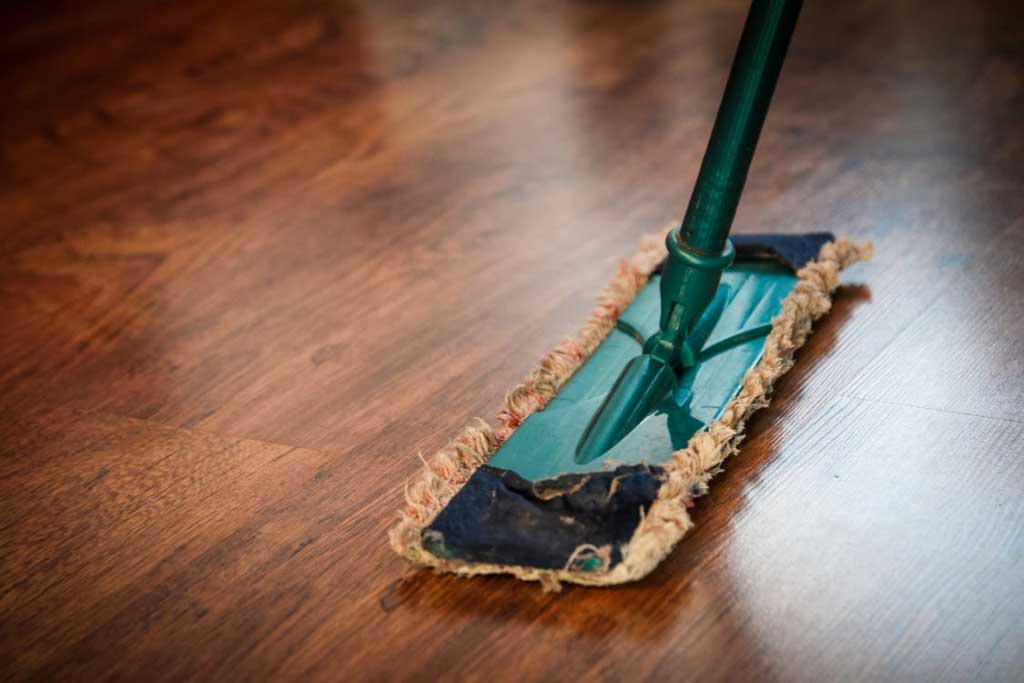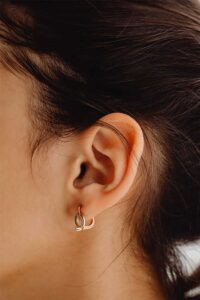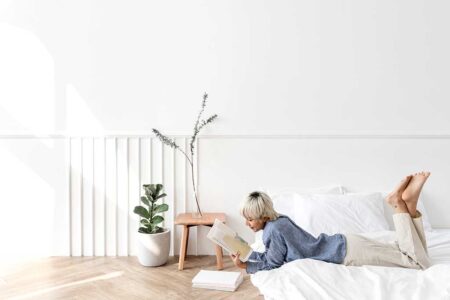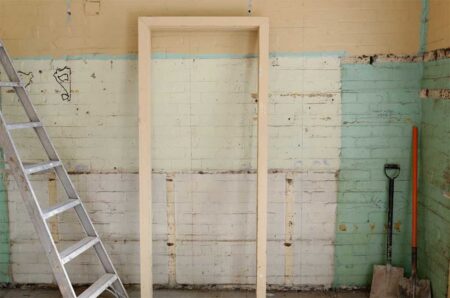The right flooring can be just the perfect finishing touch on any room, working as both a practical and an aesthetic choice. Flooring can be expensive, from tiles to wooden panels to higher-quality vinyl flooring. It’s also a hassle to have to replace, so it’s worth keeping it free of the marks and signs of damage that can make it a lot less appealing. Here are a few tips on how to do just that.

Clean Spills Immediately
From laminate to hardwood to vinyl flooring, moisture can be a huge threat. Liquids can seep into the seams, cause discoloration, and even cause boards to warp and lift. As such, you should make sure that you clean up any spills as soon as they happen, whether it’s wine, juice, a pet accident, or even water. Use a soft cloth or mop with a gentle floor cleaner suitable for your material, and avoid any abrasive tools that could cause scratches.
Be Mindful Of Furniture
Chairs, tables, and other pieces of furniture are common culprits when it comes to scratching and denting floors. For pieces with low surface area contact, like slim table legs, felt pads can help protect your floors if they move. However, double-sided sticky tapes can halt their movement entirely, holding them in place without causing any damage. Be mindful to choose tape with adhesives that are suitable for the floor type, of course.
Sweep And Vacuum Regularly
It might sound like it’s being overprotective, but even dirt, dust, and tiny debris can be a real risk over time. If they’re allowed to build up, these can cause micro-scratches when things are moving over the surface, acting not unlike sandpaper. Sweeping or vacuuming daily (or at least several times a week) helps protect your floor’s finish and keeps it looking polished. Good ventilation can stop dust from settling in place too easily, too.
Maintain A No-Shoes-Inside Policy
Shoes can be the enemy of a new floor, as they can track in dirt, sand, small rocks, and moisture, all of which can scratch or dull the surface. High heels and heavy boots are even worse, since they can dent surfaces like vinyl or wood. Setting up a welcoming shoe rack in the entryway and maintaining a rule on no shoes in the home can greatly reduce floor wear and tear. Providing indoor slippers makes it a lot less restrictive feeling to guests, too.
Managing Your Humidity
If you’re in a place where humidity levels can get pretty excessive, then you may need to protect your flooring from them. This is particularly true for natural materials like bamboo or hardwood. High humidity levels can cause swelling, so housing a dehumidifier or keeping the AC running a little longer in the summer might be wise.
There are other tips that can protect your flooring, but it’s important to know what type and material it is so you can look more specifically into it. However, the general tips above should do a lot of good to protect your floor.





